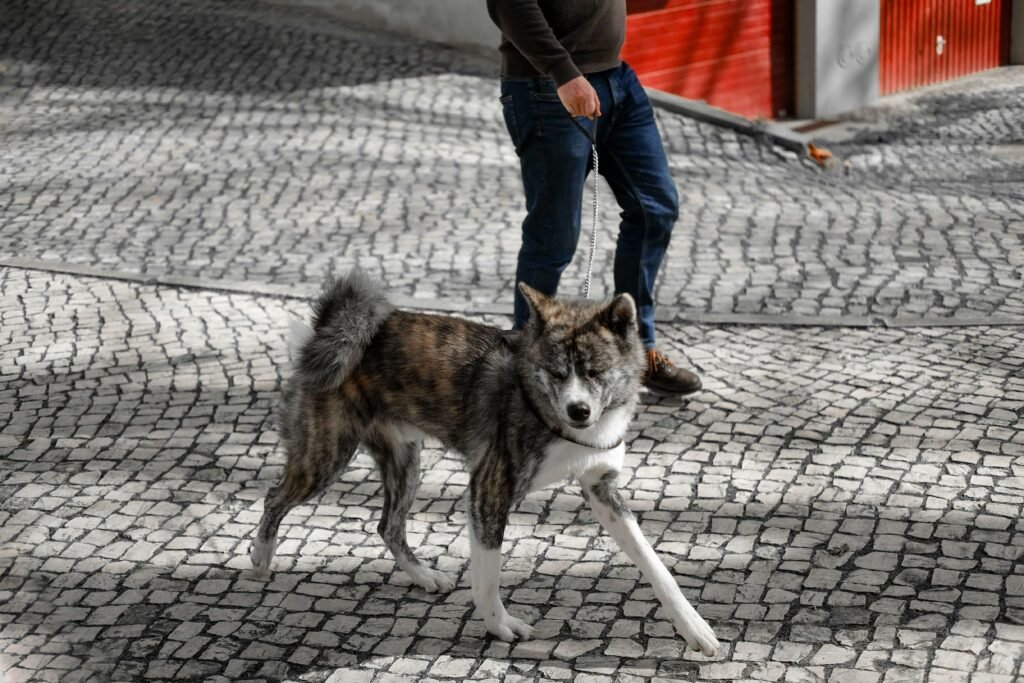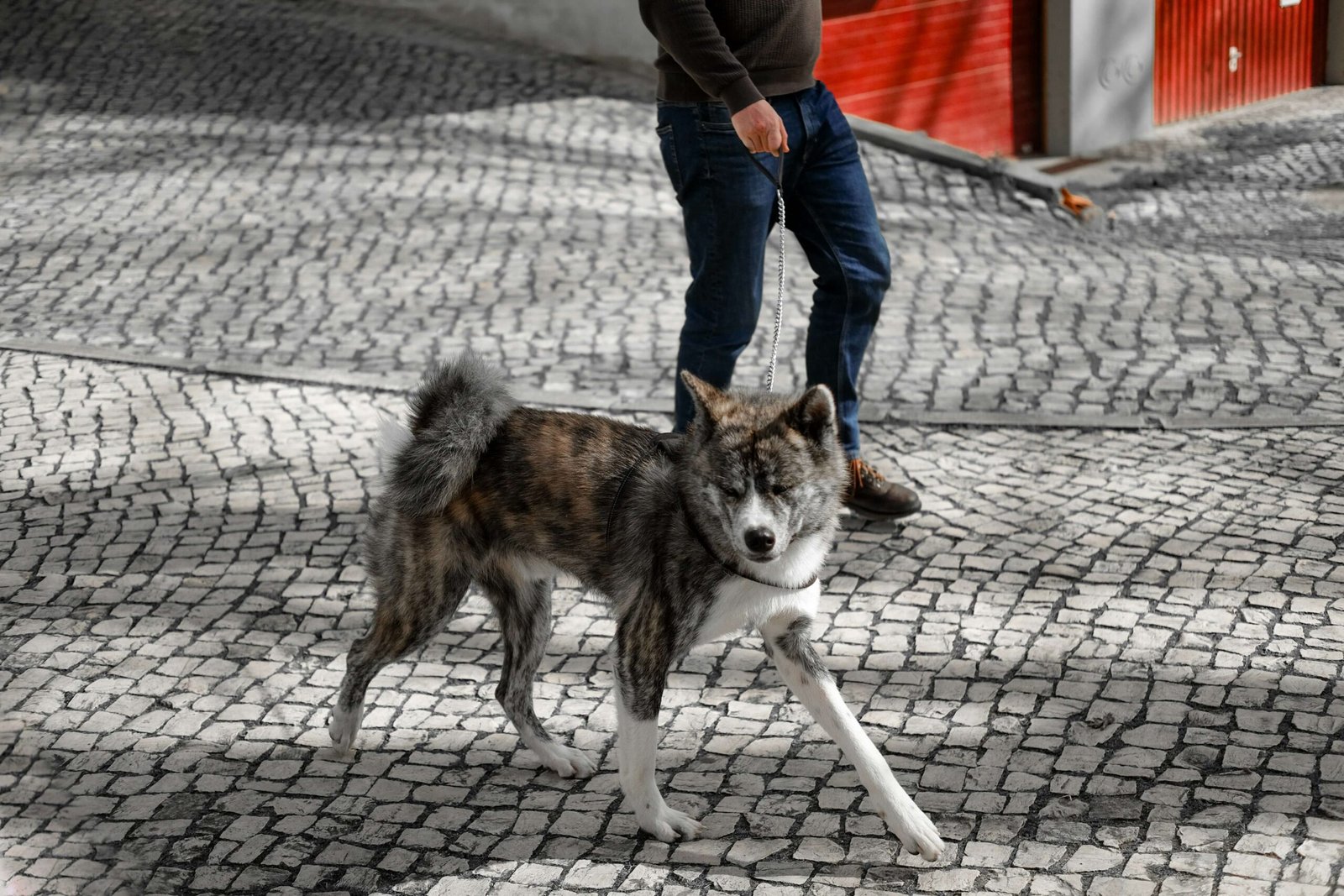Discover the Charm of Welsh Dog Breeds: A Tribute to Wales’ Canine Legacy
Wales, a land of rolling hills, rich culture, and ancient traditions, has also given the world some of its most beloved dog breeds. From hardworking herders to loyal companions, Welsh dog breeds are celebrated for their intelligence, versatility, and unique personalities. These dogs have played vital roles in Welsh history, assisting farmers, guarding homes, and providing unwavering companionship. Whether you’re a dog enthusiast or simply curious about these remarkable breeds, this blog post will take you on a journey through the fascinating world of Welsh dog breeds. We’ll explore their origins, characteristics, and why they continue to capture the hearts of dog lovers worldwide.
Welsh Dog Breeds: A Closer Look at Their Origins and Traits
Welsh dog breeds are as diverse as the landscapes of Wales itself. Each breed has a distinct history and set of traits that make them stand out. Here’s an overview of some of the most iconic Welsh dog breeds and what makes them special:
Welsh Corgi (Pembroke and Cardigan) : Known for their short legs and big personalities, these herding dogs are beloved for their intelligence and charm.
Welsh Sheepdog : A versatile working dog, the Welsh Sheepdog excels in herding livestock and is highly trainable.
Welsh Springer Spaniel : Renowned for their hunting skills, this breed is energetic, affectionate, and great with families.
Sealyham Terrier : With their distinctive wiry coats and bold personalities, Sealyham Terriers were originally bred for hunting small game.
Welsh Terrier : This breed is known for its spirited nature, making it a great companion for active owners.
These breeds reflect the rich heritage of Wales and showcase the diversity of talents and temperaments found in Welsh dogs. Whether you’re looking for a working dog or a loving pet, there’s a Welsh breed for everyone.
Why Choose a Welsh Dog Breed? Key Benefits and Considerations
If you’re considering adding a Welsh dog breed to your family, there are several benefits and considerations to keep in mind. These dogs offer unique qualities that make them exceptional companions, but they also come with specific needs. Here’s what you should know:
Intelligence : Welsh breeds are highly intelligent, making them easy to train and quick to learn new commands.
Versatility : Many Welsh dogs excel in various roles, from herding and hunting to therapy and companionship.
Loyalty : These breeds are known for their strong bonds with their owners, offering unwavering loyalty and affection.
Energy Levels : Most Welsh breeds are high-energy dogs that require plenty of exercise and mental stimulation.
Grooming Needs : Depending on the breed, grooming requirements can vary, with some needing regular brushing and others requiring minimal maintenance.
Choosing a Welsh dog breed means welcoming a devoted and capable companion into your home. However, it’s essential to ensure their needs align with your lifestyle to create a harmonious relationship.
Check this guide 👉Lazy Dog Breeds: Best 7 Expert Tips!
Check this guide 👉Big Chinese Dog Breeds: Best 7 Expert Tips!
Check this guide 👉Scandinavian Dog Breeds: Best 7 Expert Tips!

Welsh Dog Breed | Key Characteristics |
|---|---|
Welsh Corgi (Pembroke) | Short stature, friendly, and highly trainable |
Welsh Sheepdog | Energetic, agile, and excellent for farm work |
Welsh Springer Spaniel | Affectionate, athletic, and great with families |
Sealyham Terrier | Bold, independent, and good for small spaces |
Welsh Terrier | Spirited, playful, and low-shedding coat |
Caring for Your Welsh Dog Breed: Essential Tips for Owners
Owning a Welsh dog breed comes with responsibilities that ensure their health, happiness, and well-being. Here are some essential tips to help you care for your furry friend:
Exercise : Welsh breeds are active and need daily walks, playtime, and mental challenges to stay happy and healthy.
Training : Start training early and use positive reinforcement techniques to build a strong bond and encourage good behavior.
Diet : Provide a balanced diet tailored to your dog’s age, size, and activity level to support their overall health.
Socialization : Introduce your dog to different environments, people, and animals to foster confidence and reduce anxiety.
Health Check-Ups : Schedule regular vet visits to monitor your dog’s health and address any potential issues early.
By following these care tips, you can ensure your Welsh dog breed thrives in your home and becomes a cherished member of your family.
Fun Facts About Welsh Dog Breeds
Welsh dog breeds are not only wonderful companions but also full of fascinating history and quirks. Here are some fun facts that highlight their unique charm:
Royal Connections : The Pembroke Welsh Corgi is famously associated with the British royal family, particularly Queen Elizabeth II.
Herding Heritage : Many Welsh breeds, like the Welsh Sheepdog, were developed specifically for herding livestock in rugged terrains.
Distinctive Looks : The Sealyham Terrier’s wiry coat and docked tail were designed to protect them while hunting small game.
Rare Gems : Some Welsh breeds, such as the Sealyham Terrier, are considered rare today, adding to their allure.
Energetic Hunters : The Welsh Springer Spaniel was bred to flush out game, showcasing their agility and stamina.
These fun facts add depth to the already captivating story of Welsh dog breeds, making them even more endearing to dog lovers around the world.
Welsh Dog Breeds and Their Roles in History
Welsh dog breeds have played significant roles throughout history, contributing to both practical tasks and cultural traditions. Understanding their historical significance adds depth to their appeal as modern companions.
Herding Livestock : Breeds like the Welsh Sheepdog were indispensable to Welsh farmers, helping manage sheep in challenging terrains.
Guarding Homes : The Sealyham Terrier was bred to guard homes and hunt small pests, showcasing its protective instincts.
Royal Companions : The Pembroke Welsh Corgi gained fame as a royal favorite, symbolizing loyalty and elegance.
Hunting Partners : The Welsh Springer Spaniel and Welsh Terrier were valued for their hunting abilities, assisting in tracking and retrieving game.
Cultural Icons : These breeds are celebrated in Welsh folklore and art, reflecting their deep connection to the region’s identity.
The historical contributions of Welsh dog breeds highlight their versatility and enduring legacy, making them even more cherished today.
Training Challenges and Solutions for Welsh Dog Breeds
While Welsh dog breeds are intelligent and eager to learn, they can present unique training challenges that require patience and creativity. Here are some common hurdles and how to overcome them:
Stubborn Streaks : Some breeds, like the Welsh Terrier, may exhibit stubbornness; consistent training and rewards help address this trait.
High Energy Levels : Active breeds like the Welsh Springer Spaniel need plenty of exercise to prevent behavioral issues during training.
Short Attention Spans : Keep training sessions short and engaging to maintain focus, especially with high-energy breeds.
Prey Drive : Breeds like the Sealyham Terrier may have strong prey drives; controlled environments and recall training are essential.
Socialization Needs : Early exposure to different people and animals ensures your dog remains well-adjusted and confident.
With the right approach, you can harness the intelligence and energy of Welsh dog breeds to build a strong, trusting relationship.
Welsh Dog Breeds and Their Compatibility with Lifestyles
Choosing a Welsh dog breed involves considering how their traits align with your lifestyle. Each breed has unique qualities that suit different living situations and preferences.
Active Owners : Energetic breeds like the Welsh Springer Spaniel thrive with owners who enjoy outdoor activities like hiking or running.
Families with Kids : Gentle and affectionate breeds like the Pembroke Welsh Corgi make excellent family pets.
Apartment Living : Smaller breeds like the Sealyham Terrier adapt well to apartment life if given sufficient exercise.
First-Time Owners : The Welsh Terrier’s playful nature and manageable size make it a good choice for novice dog owners.
Working Environments : Herding breeds like the Welsh Sheepdog excel in farm settings or homes with large yards.
By matching a Welsh dog breed to your lifestyle, you can ensure a harmonious and fulfilling relationship for both you and your furry companion.
Frequently Asked Questions About Welsh Dog Breeds
Are Welsh dog breeds good for first-time owners?
While many Welsh breeds are intelligent and trainable, their high energy levels may be better suited for experienced owners.
Do Welsh dog breeds get along with children?
Yes, breeds like the Welsh Springer Spaniel and Welsh Corgi are known for being affectionate and family-friendly.
Are Welsh dog breeds high-maintenance?
It depends on the breed. Some, like the Sealyham Terrier, require regular grooming, while others, like the Welsh Terrier, are relatively low-maintenance.
How much exercise do Welsh dog breeds need?
Most Welsh breeds are active and require at least 1-2 hours of exercise daily to stay healthy and happy.
Are Welsh dog breeds good apartment dogs?
Smaller breeds like the Pembroke Welsh Corgi can adapt to apartment living, provided they get enough exercise and mental stimulation.
The Timeless Appeal of Welsh Dog Breeds
Welsh dog breeds embody the spirit of Wales—resilient, loyal, and full of character. Whether you’re drawn to the playful energy of the Welsh Terrier or the gentle charm of the Welsh Springer Spaniel, these dogs have something special to offer. Their rich history and unique traits make them stand out in the canine world, while their loyalty and affection ensure they become cherished members of any family. By understanding their needs and appreciating their heritage, you can create a lifelong bond with a Welsh dog breed that will bring joy and companionship for years to come.
Cost of a Cat Oncologist: Best 7 Expert Tips! – Learn about diagnosis, treatment options, and financial planning for your cat’s cancer care.
Cost of a Dog Oncologist: Best 7 Expert Tips! – Learn about diagnosis, treatment options, and financial planning to manage your dog’s cancer care effectively.
Why Does My Cat Pee When She Sees Me? Best 7 Expert Tips! – Discover reasons and solutions for this behavior, from excitement to health issues. Act now!
Akita Dog Weight: Best 7 Expert Tips! – Discover the ideal weight range, health risks of obesity, and expert advice to keep your Akita fit and happy.





